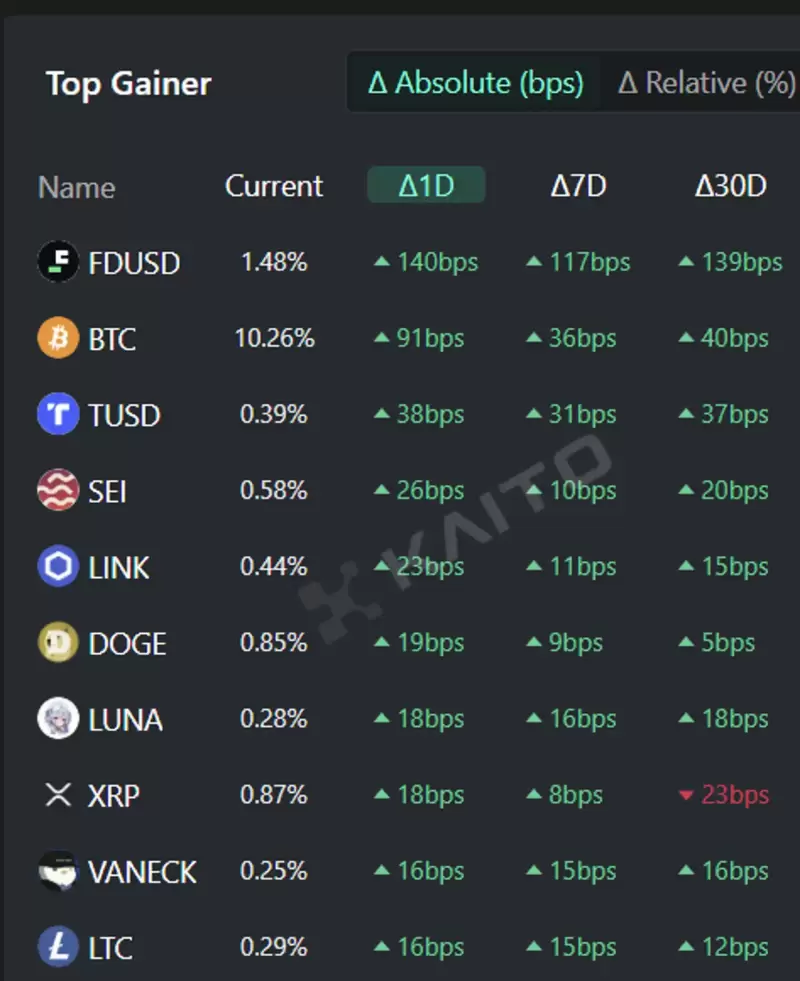 |
|
 |
|
 |
|
 |
|
 |
|
 |
|
 |
|
 |
|
 |
|
 |
|
 |
|
 |
|
 |
|
 |
|
 |
|
Cryptocurrency News Articles
Comprehensive Guide: Tax Implications of Claiming SUSHI Airdrops
Apr 04, 2024 at 05:32 am
Blockchain technology and cryptocurrency are rapidly transforming the financial landscape, creating unique opportunities for investors and users worldwide. Airdrops, like the SushiSwap Airdrop, serve as an innovative marketing strategy to distribute tokens to a broad audience, fueling wider adoption and engagement.

The Tax Implications of Claiming SUSHI Airdrops: A Comprehensive Guide
Introduction
In the ever-evolving realm of cryptocurrency, airdrops have emerged as an innovative strategy to distribute tokens and incentivize participation. One such notable airdrop is the SUSHI Airdrop from SushiSwap, which has sparked considerable interest within the crypto community. While the allure of free digital assets is undoubtedly enticing, it is crucial to consider the potential tax implications associated with claiming SUSHI airdrops. This comprehensive guide aims to shed light on the tax treatment of airdrops in various jurisdictions and provide insights into the legal and financial considerations that surround this popular practice.
Understanding Airdrops: A Tax Perspective
Airdrops, in essence, are the gratuitous distribution of tokens or coins to cryptocurrency wallets. These distributions can take various forms, including rewards for participating in platform-specific activities, compensation for holding a particular cryptocurrency, or promotional campaigns to raise awareness about a new token or project. From a tax standpoint, the classification of airdrops as taxable income or non-taxable gifts can vary depending on the specific circumstances and applicable laws within each jurisdiction.
Tax Treatment of Airdrops in Major Jurisdictions
United States
In the United States, the Internal Revenue Service (IRS) classifies airdrops as taxable income, subject to ordinary income tax rates. The fair market value of the tokens at the time of receipt is considered the taxable amount, and it is reported on individual income tax returns. It is important to note that the tax liability for airdrops may be further influenced by factors such as the purpose of the airdrop, the recipient's level of involvement with the distributed token, and whether the tokens are considered "readily convertible" into cash.
United Kingdom
The United Kingdom's Her Majesty's Revenue and Customs (HMRC) generally treats airdrops as taxable income, similar to the United States. However, the specific tax treatment may depend on the nature of the airdrop and the recipient's circumstances. For individuals, airdrops may be subject to income tax or capital gains tax, depending on whether the tokens are considered a "revenue receipt" or a "capital asset."
Canada
In Canada, the Canada Revenue Agency (CRA) classifies airdrops as income and requires them to be reported on tax returns. The value of the airdropped tokens is determined based on their fair market value at the time of receipt. It is important to note that any subsequent gains or losses realized from the sale or exchange of the tokens may also be subject to capital gains or capital loss treatment.
Other Jurisdictions
Tax treatments of airdrops vary widely across different jurisdictions. In general, many countries view airdrops as taxable events, with the specific tax implications determined by local laws and regulations. It is highly recommended to consult with a qualified tax advisor or legal professional to obtain accurate and up-to-date information regarding the tax treatment of airdrops in your specific jurisdiction.
Legal Considerations for Airdrop Participants
Know Your Customer (KYC) and Anti-Money Laundering (AML) Regulations
In order to comply with anti-money laundering and know-your-customer (KYC) regulations, many cryptocurrency platforms require users to undergo verification procedures before participating in airdrops. These procedures typically involve providing personal information such as name, address, and identification documents. Failure to comply with KYC and AML requirements may result in disqualification from airdrops or even legal consequences.
Fraud and Scams
It is important to be aware of potential scams and fraudulent activities associated with airdrops. Scammers may create fake airdrops to trick users into providing personal information or private keys, which could lead to financial losses. Always verify the authenticity of airdrops by checking official sources and exercising caution when interacting with unknown entities.
Investment Risks
Airdrops are essentially speculative investments, and their value can fluctuate significantly. It is important to remember that the value of airdropped tokens may increase or decrease over time, and there is no guarantee of profit. Before participating in an airdrop, carefully consider the potential risks and do not invest more than you can afford to lose.
Conclusion
The SushiSwap Airdrop presents an intriguing opportunity for crypto enthusiasts to acquire free digital assets. However, it is essential to be mindful of the potential tax implications associated with claiming airdrops in various jurisdictions. Understanding the tax treatment of airdrops and adhering to legal and regulatory requirements is crucial to avoid any unforeseen financial or legal consequences. By embracing a well-informed approach, individuals can navigate the world of airdrops with confidence and maximize the benefits while mitigating potential risks.
Disclaimer:info@kdj.com
The information provided is not trading advice. kdj.com does not assume any responsibility for any investments made based on the information provided in this article. Cryptocurrencies are highly volatile and it is highly recommended that you invest with caution after thorough research!
If you believe that the content used on this website infringes your copyright, please contact us immediately (info@kdj.com) and we will delete it promptly.
-

- Ripple (XRP) Introduces Its RLUSD Stablecoin to the Stablecoin Market
- Apr 03, 2025 at 04:00 pm
- Ripple introduced its RLUSD stablecoin to the stablecoin market through its launch on Kraken cryptocurrency exchange. The USD-pegged stablecoin aims to boost its cross-border payment functions and integrate with the payment platform.
-

-

- Bitcoin (BTC) Price Consolidation May Be Precursor to a Market Drop, Analyst Says
- Apr 03, 2025 at 03:55 pm
- Bitcoin has seen a notable price consolidation over the past few weeks, trading between the $84,000 and $86,000 levels. Despite the initial surge in price, the cryptocurrency has faced a decline of 3.7% in the past week and nearly 10% in the past month, signaling a period of stagnation in its upward momentum.
-

- The OFFICIAL TRUMP price plummeted over 9% in the last 24 hours to trade at $9.29
- Apr 03, 2025 at 03:55 pm
- The drop in the TRUMP price comes after US President Donald Trump signed an executive order establishing reciprocal tariffs on trading partners and a 10% baseline tariff on all imports from all countries.
-

-

-

- FDUSD, BTC, TUSD, SEI, and LINK are the top 5 virtual asset-related keywords attracting the most interest
- Apr 03, 2025 at 03:45 pm
- According to the Token Mindshare (a metric quantifying the influence of specific tokens in the virtual asset market) top gainers from the AI-based Web3 search platform Kaito
-

-





























































